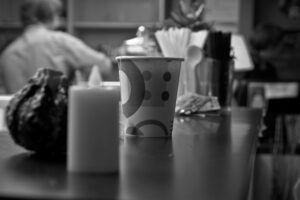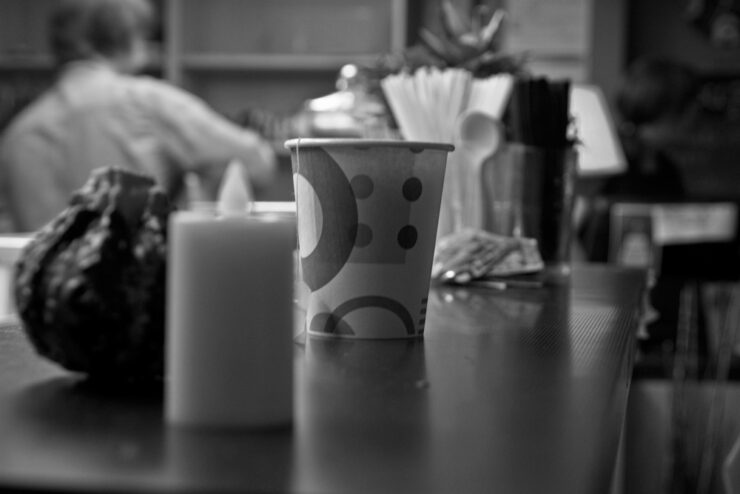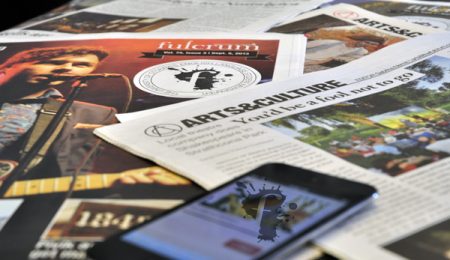
U of O close to fair-trade designation
AT THE BEGINNING of 2011, the University of Ottawa chapter of Engineers Without Borders (EWB) launched a fair-trade campus initiative at the U of O to certify the campus as fair trade. Since then, the action has gained the support of the Student Federation of the University of Ottawa (SFUO), Food Services, and the university administration.
“We have always been pushing [for] fair-trade awareness on campus, [and promoting] the benefits of buying fair trade,” explained Ryan Ward, member of EWB.
The emergence of fair-trade products began in the 1980s. Fairtrade Canada is a nonprofit organization responsible for providing certification and enforcing fair-trade standards. The company ensures decent wages are paid to farmers and artisans for their work, while creating long-term relationships with producers.
“Fair trade is a standard that says that the producer that has made this product has received a minimum wage for their work,” explained Ward. “[That means] more [money] than they would get if [the product] were not a fair-trade product.”
Fairtrade Canada initiated a program to involve universities in supporting, promoting, and consuming fair-trade products.
If a university involved in the program is able to meet the standards set by the organization, then it is granted official fair-trade campus status. The goal was to become designated as a fair-trade campus by January 2012.
“We see a lot of leadership on campuses as well when it comes to taking ideas like sustainability and putting them into practice. Universities at the same time are big consumers,” said Michael Zelmer, director of communications at Fairtrade Canada.
The University of Ottawa has been on track to become the second fair-trade campus in Canada after the University of British Columbia (UBC), but it is not the only one attempting to meet the standards.
“There are probably about a dozen that are going for the designation and they are all at various stages,” said Zelmer. “It is interesting because the different universities are almost in competition with each other to see who will be next and who will go bigger than UBC.”
SFUO businesses, like Pivik, met the guidelines for the designation, which include ensuring all fair-trade coffees, three teas, and one chocolate bar are sold in the stores. Food Services employees are also attempting to meet the criteria.
“Doing the evaluation … involves making a few tough choices between getting [the designation] and what is available to clients,” said Patrick Genest, the Food Services manager at the University of Ottawa. “We may have to eliminate some very popular types of coffee so we are working with some of the suppliers to see if there are other alternatives.”
Once the designation has been achieved, the Campus Sustainability Office will oversee the continuation of the project. Ward hopes the project will keep gaining student support at the university.
“Our administration has already been convinced. Now it teeters on the point of student acceptance. I want them to buy into it,” said Ward.
“Students are on the edge of their consumerism and fair trade is an ethical option. This is something that is happening [and] I want students to be aware.”
—Christopher Radojewski





